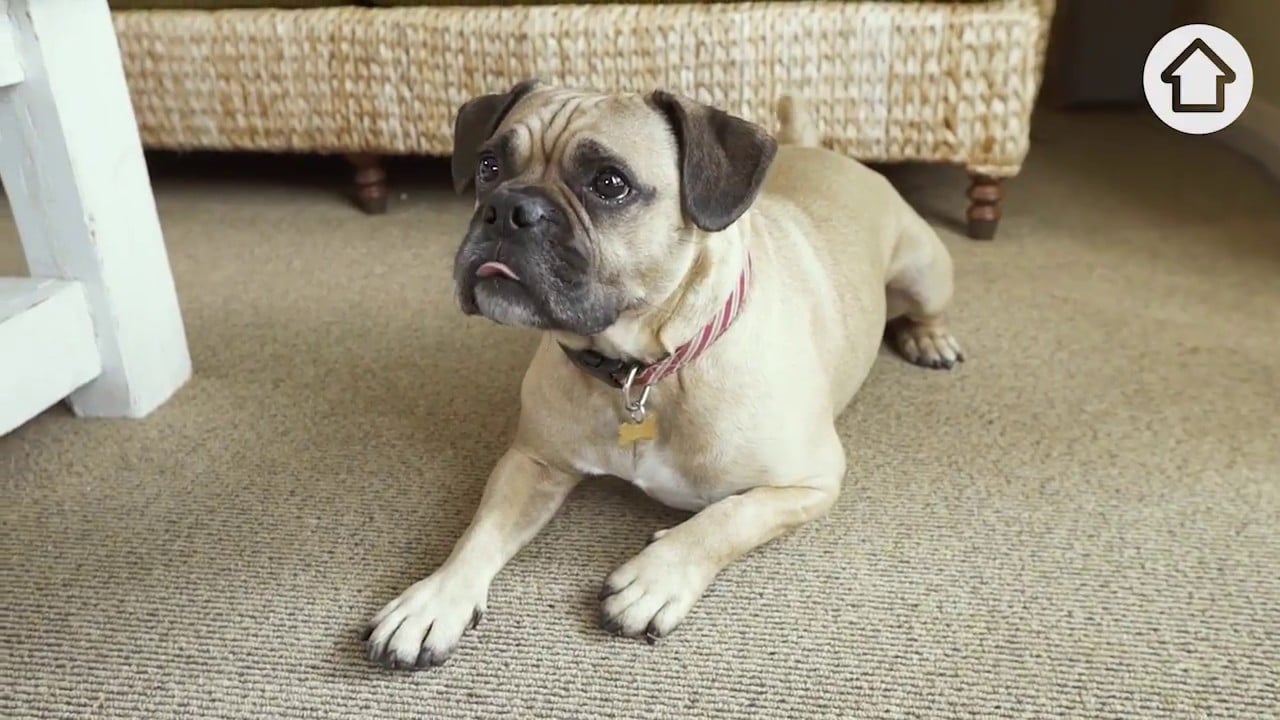
Usually referred to as a “Yorkie”, this breed of dog is very popular worldwide amongst those looking for a small dog with plenty of personalities. While being a bit of a character can be a good thing in a dog, this can get him in a bit of trouble as they tend to imagine themselves bigger and tougher than they are. Standing maybe nine or ten inches at the shoulder, it can be an amusing sight watching a Yorkie yapping like mad at a fellow dog two or three times bigger. Fortunately, the larger dog is usually seen looking disdainfully down at his smaller cousin, and no harm tends to be done.
Historically this is a dog with an aggressive streak, but it was bigger in its original incarnation. Back in the 18th and 19th centuries, Scottish workers brought Clydesdale or Paisley Terriers down to the Yorkshire coalfields and mills intending to use them as rat catchers, and they were effective in doing so. As the years went by, some cross-breeding occurred until, eventually, the Yorkie as we know it today evolved. It was a much smaller dog but seemed to retain the bigger-dog instincts of its predecessors.
The toy dog we see now is a loving and affectionate pet suitable for small flats or houses. With such little legs, lots of outdoor exercises are unnecessary, but plenty of indoor play and attention get a good response. It is fairly prone to sickness and ill health, especially if unprotected in cold or wet weather. This is why you see so many wearing little coats and being carried by their owners. In many cases, the dog is light enough to be carried in a handbag, with just a cheeky little face visible at the opening.
The Yorkie has an attractive, blue-ish tan coat that appeals to many in the show-dog business, but, essentially, he is a loyal, friendly pet dog. His yapping bark is often exercised if he thinks strangers are a threat, and this can be a nuisance for neighbours if not controlled. They are often considered nervous dogs but, in truth, only react badly if they are surprised or irritated.
Owners need to be careful with feeding; just the right amount of food is necessary as this dog can have a delicate digestive system. Getting this right and giving lots of love and affection to a Yorkie reaps rich rewards, and it is easy to see why this is such a popular choice among those looking for a small house dog.

